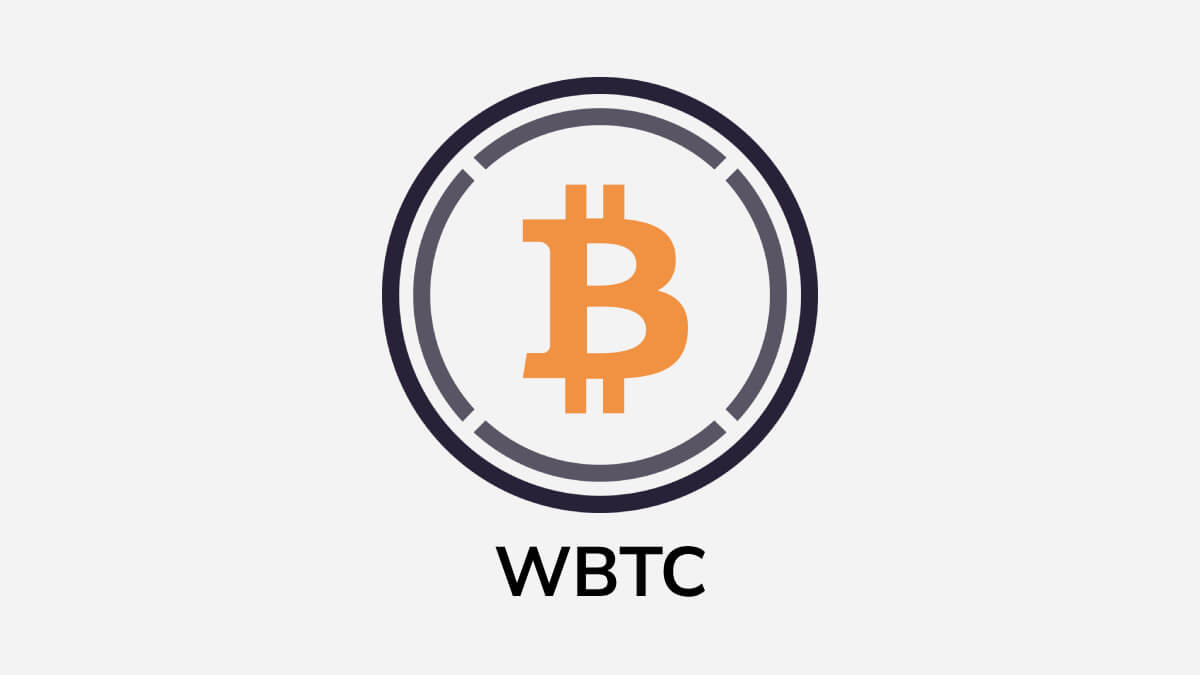MakerDAO Reconsiders WBTC Use After Key Meeting
25.09.2024 16:00 1 min. read Alexander Stefanov
Sky, previously known as MakerDAO, is reconsidering its stance on using Wrapped Bitcoin (WBTC) as collateral after a crucial meeting with BitGo CEO Mike Belshe.
This shift in perspective comes amid ongoing custody concerns regarding the Bitcoin backing WBTC, as well as recommendations from Sky’s advisor, BA Labs.
WBTC enables Bitcoin to function on blockchains like Ethereum and has a market cap of $9.7 billion. Concerns arose when BitGo transitioned its custodial role to a partnership involving Tron founder Justin Sun, which alarmed BA Labs due to the $200 million in loans on Sky’s platform tied to WBTC. Following this, the Sky community voted to phase out WBTC starting in October.
However, discussions continued, leading Belshe to clarify on Sky’s forum that Sun would not have exclusive control over custody. He emphasized that BitGo and BitGo Singapore would maintain independence in managing multi-signature keys.
Following this clarification, BA Labs expressed greater comfort with WBTC’s operational integrity and noted that exposure to WBTC collateral had dropped to about $170 million, reducing associated risks. Consequently, they suggested pausing the removal process.
This decision to retain WBTC as collateral coincides with heightened competition in the Wrapped Bitcoin market, where alternatives like dlcBTC, tBTC, and Coinbase’s cbBTC are gaining traction.
-
1
Public Companies Outpace ETFs in Bitcoin Buying: Here is What You Need to Know
02.07.2025 12:30 2 min. read -
2
Crypto Inflows hit $1B Last Week as Ethereum Outshines Bitcoin in Investor Sentiment
07.07.2025 20:30 2 min. read -
3
Robert Kiyosaki Buys More Bitcoin, Says He’d Rather Be a ‘Sucker Than a Loser’
02.07.2025 22:00 1 min. read -
4
This Week in Crypto: Whale Accumulation, Ethereum Signals, and a Sentiment Shake-Up
05.07.2025 21:00 3 min. read -
5
BlackRock’s IBIT Bitcoin ETF Surpasses 700,000 BTC in Record Time
08.07.2025 19:00 2 min. read
Weekly Crypto Roundup: Bitcoin Hits ATH, Ethereum Surges, Trump Advances Crypto Reforms
Analyzing the latest updates shared by Wu Blockchain, this past week underscored a pivotal shift in the crypto landscape. Bitcoin surged to a new all-time high of $123,226, pushing the overall crypto market cap beyond $4 trillion—a milestone reflecting renewed investor confidence and accelerating institutional flows.
Charles Schwab to Launch Bitcoin and Ethereum Trading Soon, CEO Confirms
Charles Schwab is preparing to roll out spot Bitcoin and Ethereum trading, according to CEO Rick Wurster during the firm’s latest earnings call.
Over $5.8 Billion in Ethereum and Bitcoin Options Expired Today: What to Expect?
According to data shared by Wu Blockchain, over $5.8 billion in crypto options expired today, with Ethereum leading the action.
BlackRock Moves to Add Staking to iShares Ethereum ETF Following SEC Greenlight
BlackRock is seeking to enhance its iShares Ethereum Trust (ticker: ETHA) by incorporating staking features, according to a new filing with the U.S. Securities and Exchange Commission (SEC) submitted Thursday.
-
1
Public Companies Outpace ETFs in Bitcoin Buying: Here is What You Need to Know
02.07.2025 12:30 2 min. read -
2
Crypto Inflows hit $1B Last Week as Ethereum Outshines Bitcoin in Investor Sentiment
07.07.2025 20:30 2 min. read -
3
Robert Kiyosaki Buys More Bitcoin, Says He’d Rather Be a ‘Sucker Than a Loser’
02.07.2025 22:00 1 min. read -
4
This Week in Crypto: Whale Accumulation, Ethereum Signals, and a Sentiment Shake-Up
05.07.2025 21:00 3 min. read -
5
BlackRock’s IBIT Bitcoin ETF Surpasses 700,000 BTC in Record Time
08.07.2025 19:00 2 min. read


